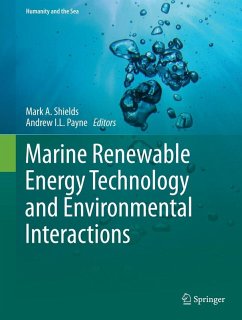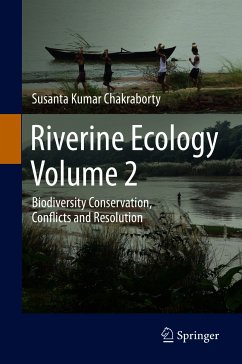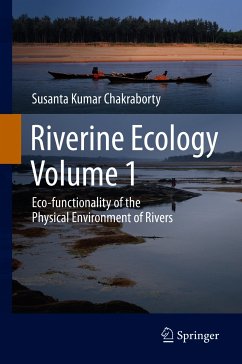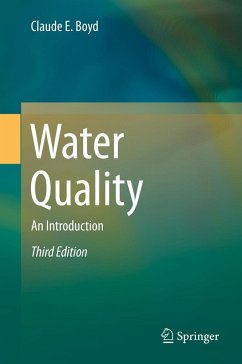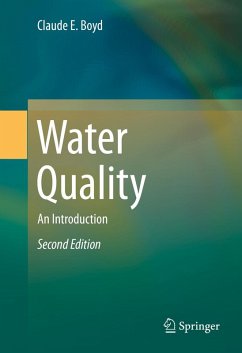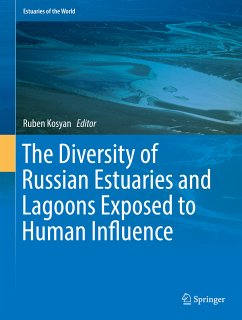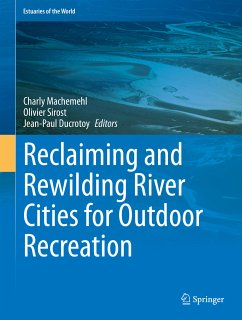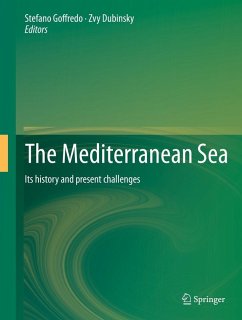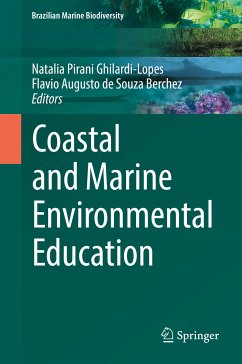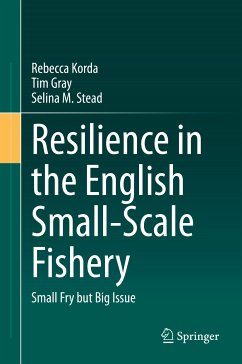
Marine Nitrogen Fixation (eBook, PDF)
Versandkostenfrei!
Sofort per Download lieferbar
80,95 €
inkl. MwSt.
Weitere Ausgaben:

PAYBACK Punkte
40 °P sammeln!
This book aims to serve as a centralized reference document for students and researchers interested in aspects of marine nitrogen fixation. Although nitrogen is a critical element in both terrestrial and aquatic productivity, and nitrogen fixation is a key process that balances losses due to denitrification in both environments, most resources on the subject focuses on the biochemistry and microbiology of such processes and the organisms involved in the terrestrial environment on symbiosis in terrestrial systems, or on largely ecological aspects in the marine environment. This book is intended...
This book aims to serve as a centralized reference document for students and researchers interested in aspects of marine nitrogen fixation. Although nitrogen is a critical element in both terrestrial and aquatic productivity, and nitrogen fixation is a key process that balances losses due to denitrification in both environments, most resources on the subject focuses on the biochemistry and microbiology of such processes and the organisms involved in the terrestrial environment on symbiosis in terrestrial systems, or on largely ecological aspects in the marine environment. This book is intended to provide an overview of N2 fixation research for marine researchers, while providing a reference on marine research for researchers in other fields, including terrestrial N2 fixation.
This book bridges this knowledge gap for both specialists and non-experts, and provides an in-depth overview of the important aspects of nitrogen fixation as it relates to the marine environment. This resource will be useful for researchers in the specialized field, but also useful for scientists in other disciplines who are interested in the topic. It would provide a possible text for upper division classes or graduate seminars.
This book bridges this knowledge gap for both specialists and non-experts, and provides an in-depth overview of the important aspects of nitrogen fixation as it relates to the marine environment. This resource will be useful for researchers in the specialized field, but also useful for scientists in other disciplines who are interested in the topic. It would provide a possible text for upper division classes or graduate seminars.
Dieser Download kann aus rechtlichen Gründen nur mit Rechnungsadresse in A, B, BG, CY, CZ, D, DK, EW, E, FIN, F, GR, HR, H, IRL, I, LT, L, LR, M, NL, PL, P, R, S, SLO, SK ausgeliefert werden.



